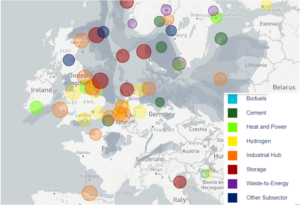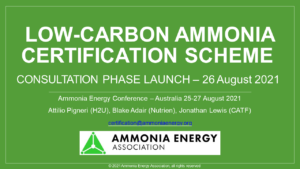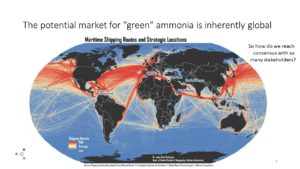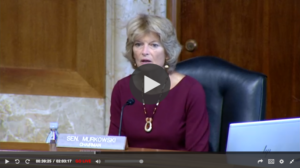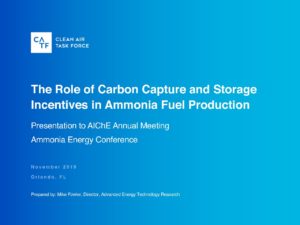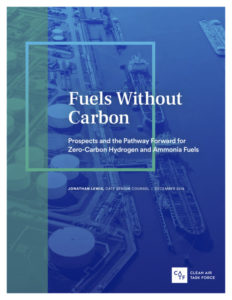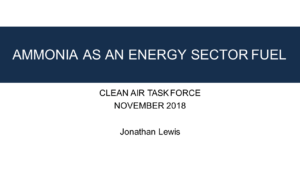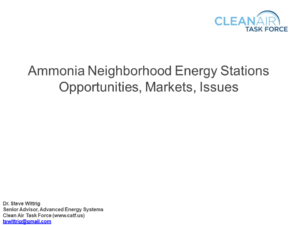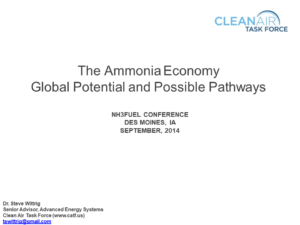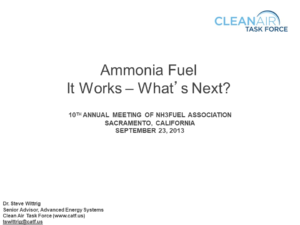
The first episode of our new series Ammonia Project Features revealed interesting details about current and future low-carbon ammonia projects in Europe. Bjørgulf Eidesen (Horisont Energi) explained that the Barents Blue project aims to set an ambitious new standard for low-carbon ammonia production, particularly by demonstrating transparency on its CO2 footprint & other sustainability indicators. But, although Europe’s technical capacity for carbon storage is far greater than what will be required, Toby Lockwood (Clean Air Task Force) reminded us that progress is slow, with only half the capacity required by 2030 currently developed. Supporting policy, tight regulations and funding support is all required from a government level.
